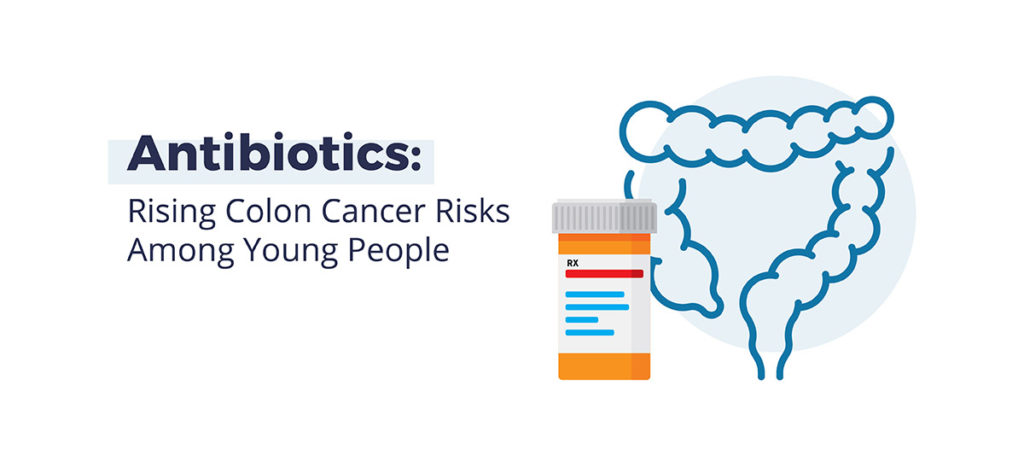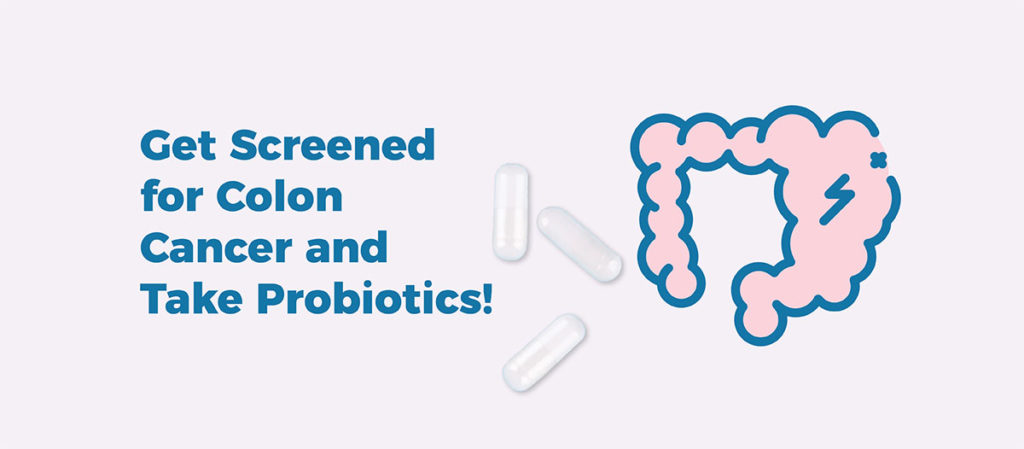How Men Can Avoid the Colon Cancer “Diet”
How Men Can Avoid the Colon Cancer “Diet”
There’s no doubt in the world that one of the easiest things you can do to protect your health and avoid serious disease — eating a nutrient-dense diet packed with lots of unprocessed whole foods, fiber and natural sugars — is one of the best things too.
Unfortunately, we see the old adage, You are what you eat!, play out every day in rising mortality rates on a global scale due to poor diets than smoking and car accidents.
A recent study appearing in The BMJ underscores the risk of poor diets, concluding that men raise their risk of developing colon cancer by 29 percent just by eating highly processed foods.
Rising Rates of Colon Cancer
You’ve probably read similar reports we have about the rising rates of colon cancer, leading scientists to predict it will become the leading cause of death for patients under age 50 by the end of this decade.
Researchers at Tufts University’s Friedman School of Nutrition Science and Policy already had assumed diet was a major contributor in a colon cancer diagnosis, but who was more vulnerable and why.
Scientists reviewed data from more than 205,000 patients across three large studies that tracked dietary intake along with how often people consumed a list of some 130 foods for more than 25 years.
During that time, men were far more susceptible to colon cancer than women, largely due to eating diets full of highly processed meats, poultry, pork and fish, ready-to-eat meals and sugar-sweetened drinks.
These results led researchers to consider the possibility that other factors could be responsible for rising colon cancer risks among men, like the role food additives play in harming the balance of bacteria in the gut and promoting inflammation.
Reduce Your Colon Cancer Risks
Eating a healthier, fiber-rich diet made up of fewer highly processed meats along with incorporating some movement into your daily routine will go a long way toward reducing your colon cancer risks. However, we recommend adding a couple of things to your to-do list.
For one, get screened for colon cancer as soon as you’re able. Although the U.S. Preventative Services Task Force recommended lowering the age for a first screening to age 45 last year, if you have a family history of colon cancer take the initiative and do it sooner.
Also, given what we already know about the health-harming use of antibiotics and their effect on raising your colon cancer risks, we recommend taking a daily probiotic with multiple strains of beneficial bacteria and a proven prebiotic (that feeds the beneficial bacteria in your gut).
You can get the protection you need with the proprietary blend of 10 proven strains of beneficial bacteria from the Lactobacillus and Bifidobacterium families and the prebiotic FOS contained in each serving of EndoMune Advanced Probiotic.
Resources
How Men Can Avoid the Colon Cancer “Diet” Read More »




